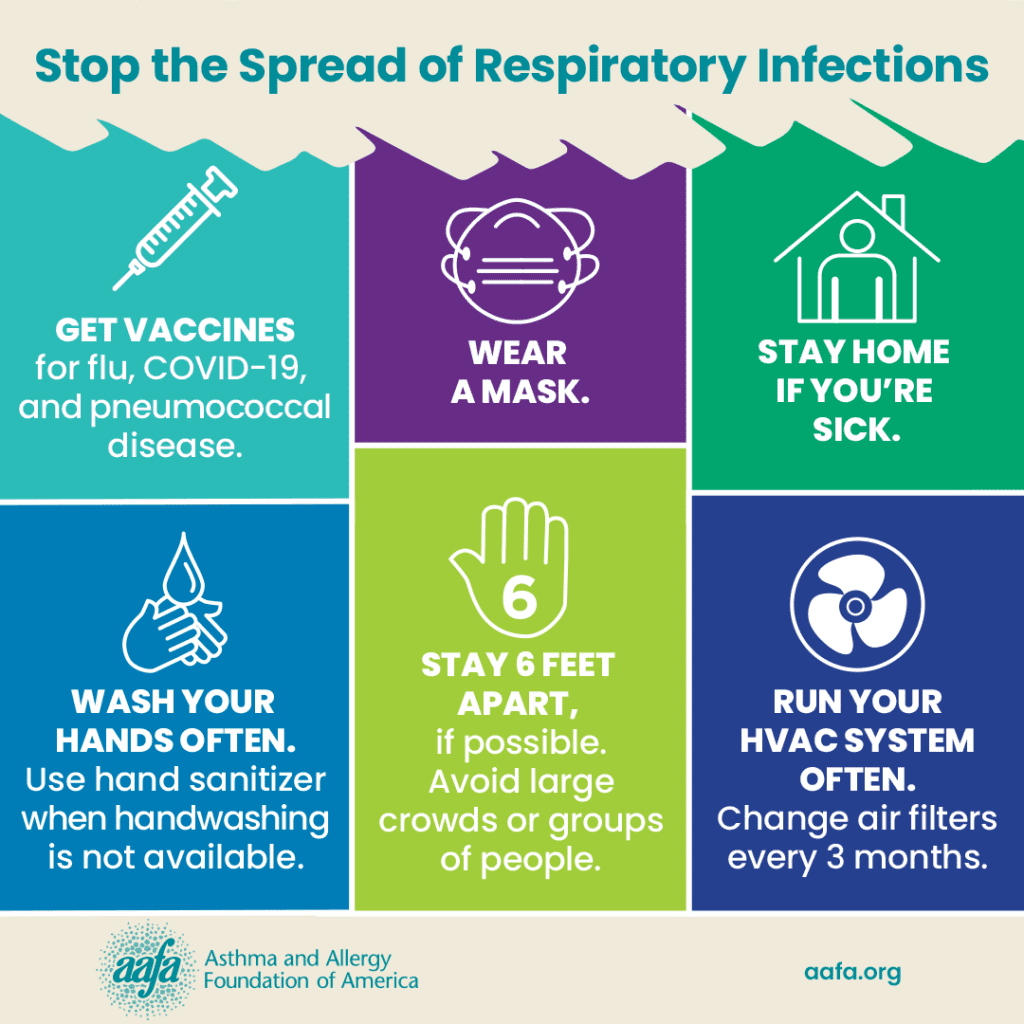Effective Strategies: Preventing Respiratory Infections in Healthcare Settings

Respiratory infections are a common occurrence in healthcare settings, posing a risk to both patients and healthcare workers. The spread of respiratory infections can lead to outbreaks within hospitals, clinics, and other healthcare facilities. It is essential to implement effective strategies to prevent the transmission of these infections and protect the health of everyone in the healthcare environment.
Hand Hygiene prevents Respiratory Infections:
One of the most basic yet crucial strategies for preventing respiratory contamination is proper hand hygiene. Healthcare workers should wash their hands regularly with soap and water or use alcohol-based hand sanitizers. Encourage all staff members to follow hand hygiene protocols before and after patient contact, after touching surfaces, and before eating or handling food.
Personal Protective Equipment (PPE):
Healthcare workers should use appropriate PPE when caring for patients with respiratory infections. This includes wearing masks, gloves, gowns, and eye protection when necessary. Ensure that PPE is readily available and that staff are trained on how to properly don and doff protective equipment to prevent contamination.
Environmental Cleaning prevents Respiratory Infections:
Regular cleaning and disinfection of surfaces in healthcare settings can help prevent the spread of respiratory infections. Focus on frequently touched surfaces such as doorknobs, light switches, bed rails, and countertops. Use EPA-approved disinfectants and follow manufacturer instructions for proper use.
Respiratory Etiquette:
Educate patients, visitors, and staff on proper respiratory etiquette to reduce the spread of respiratory infections. Encourage individuals to cover their mouths when coughing or sneezing with a tissue or their elbow. Provide tissues and no-touch receptacles for disposal of used tissues.
Vaccination for Respiratory Infections:
Vaccination is an essential tool in preventing respiratory infections such as influenza and COVID-19. Encourage all healthcare workers to receive annual flu vaccines and stay up-to-date on other recommended vaccinations. Offer vaccination clinics onsite for convenient access for staff.
Conclusion:
Preventing respiratory contamination in healthcare settings requires a multi-faceted approach that involves everyone in the facility – from frontline staff to management. By implementing strategies such as proper hand hygiene, PPE use, environmental cleaning, respiratory etiquette education, and vaccination programs, healthcare facilities can reduce the risk of outbreaks and protect the health of both patients and staff members. Stay vigilant in following these preventive measures to create a safe environment for all who enter your healthcare facility.
Book a free Consultation with us today!
Mobile : 1800960068
Email : contactus@iseeksupport.au









